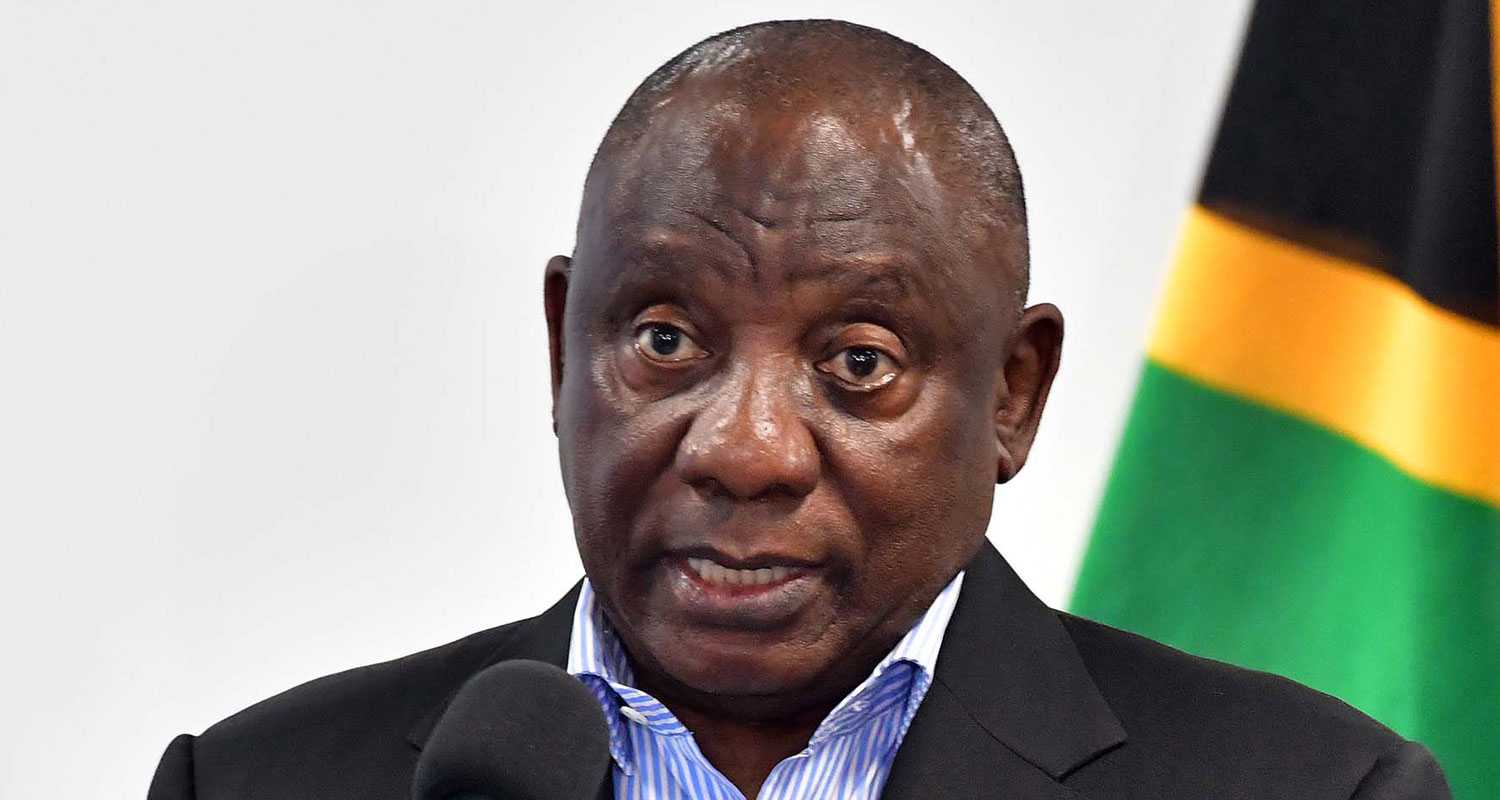
President Cyril Ramaphosa promised in late July to implement emergency measures within three months to tackle record blackouts. But those have only been partially implemented and outages continue.
Ramaphosa plans to deal with energy-related issues when he addresses parliament in Cape Town on Thursday, his spokesman Vincent Magwenya said. He declined to comment on the specifics.
Here’s how implementation of the emergency plan has progressed, responses to questions posed to Eskom show:
Maintenance
- The pledge: Eskom will increase its budget for so-called critical maintenance needed to avert plant breakdowns.
- What’s happened: Eskom has increased its maintenance budget by 9% for the 2023 financial year, and it could rise by a further 5% in 2024, pending various approvals. The company said the move will let it focus on critical activities needed to improve the performance of its power stations.
Recruitment
- The pledge: Eskom would recruit a number of high-level personnel, including former plant managers and engineers from the private sector.
- What’s happened: Eskom said it has recruited ex-employees — either on a permanent basis, on fixed-term contracts or as contractors — over a period of several years, but it didn’t specifically say whether they previously worked at the utility. It didn’t disclose how many additional personnel have been hired since the emergency intervention was announced.
Tapping surplus capacity
- The pledge: Surplus generation capacity would be sourced from existing independent power producers.
- What’s happened: Eskom has been engaging with private producers to determine what capacity they have available. Upon acceptance of the terms, agreements will be finalised to enable the suppliers to connect to and use the grid. The process is being overseen by the energy department.
Procurement from companies
- The pledge: Eskom would purchase electricity from mines, paper mills, shopping centres and other private entities that generate more of their own power than they need.
- What’s happened: Regulatory approval for the programme is still pending and no energy has been secured. “The workstreams reporting to the National Energy Crisis Committee have identified several new generation capacity projects” with over 20GW of capacity, and regulatory and other approvals are being sought to tap their output, Eskom said. — (c) 2022 Bloomberg LP




